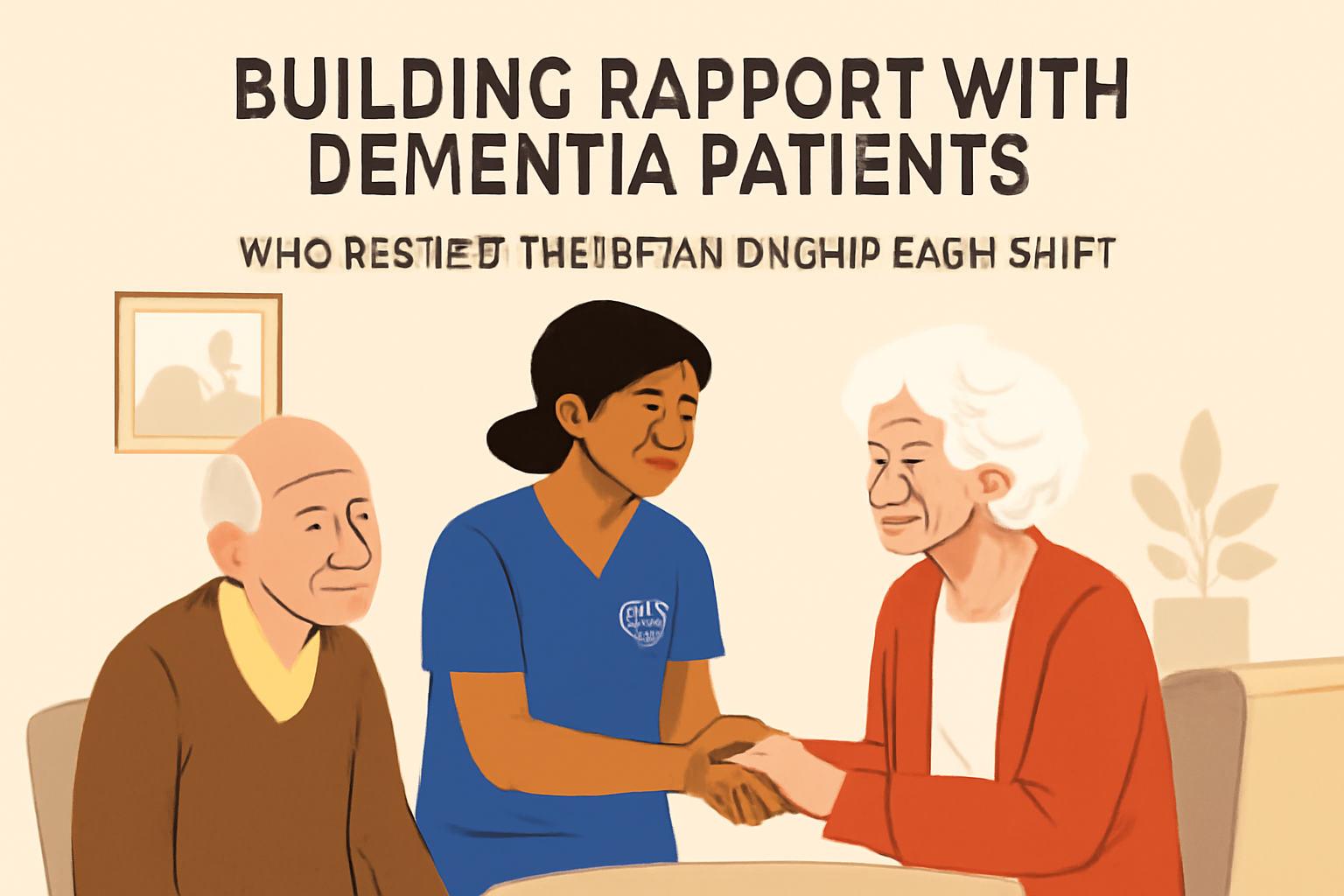
Working as a care worker in settings where patients may have memory impairments, such as Alzheimer’s or dementia, presents unique challenges that require emotional resilience, patience, and deep empathy. This article explores the multifaceted challenges faced by care professionals when taking care of patients who might not even remember their names from one day to the next.
Emotional Challenges
One of the foremost challenges is the emotional toll that stems from forming connections with individuals who may not recall those moments. Care workers often invest significant emotional energy into forming bonds, crafting positive experiences, and providing support, only to find that patients do not remember the interactions. This can lead to feelings of invisibility and frustration, as well as a sense of loss on a daily basis.
Professional Resilience
Care workers must cultivate a high degree of professional resilience. This resilience is essential to cope with frequent emotional demands and to maintain the same level of care and enthusiasm, despite the knowledge that their efforts might not be recalled by their patients. Resilience training and regular debriefing sessions could help care staff manage these pressures effectively.
Communication Barriers
Communicating with patients who have memory impairments can be a significant hurdle. Standard conversation techniques might be ineffective, necessitating creative strategies to convey care and understanding. Care workers often rely on non-verbal communication methods, such as gestures, facial expressions, and physical comfort, to personalize interactions and build rapport.
Task Management
Navigating the daily living needs and healthcare requirements of memory-impaired patients require exceptional organizational skills. Care workers must meticulously plan and execute tasks such as medication administration, meal preparation, and engaging activities, which demand constant vigilance and adaptation to the changing needs of their patients.
Ethical Considerations
Ethical dilemmas frequently arise in care settings, especially concerning autonomy and consent. Care workers must balance respecting patients' autonomy and the ethical need to intervene for their well-being, often making judgement calls on behalf of those who cannot make their needs known.
Support Systems
It is vital for care workers to have robust support systems, including access to counseling services, peer support groups, and professional development opportunities, to mitigate the emotional burden of their work. Employers in the care sector should prioritize mental health resources to ensure the well-being of their staff, which in turn affects the quality of patient care.
Conclusion
Caring for patients with memory impairments is a demanding but crucial role. Acknowledging the challenges and supporting care workers through comprehensive training, emotional support, and ethical guidance can facilitate a more compassionate and effective approach to care. Despite the innate challenges, many care workers find fulfillment in providing comfort and dignity to patients, understanding that their impact, though sometimes unrecognized, is deeply significant.